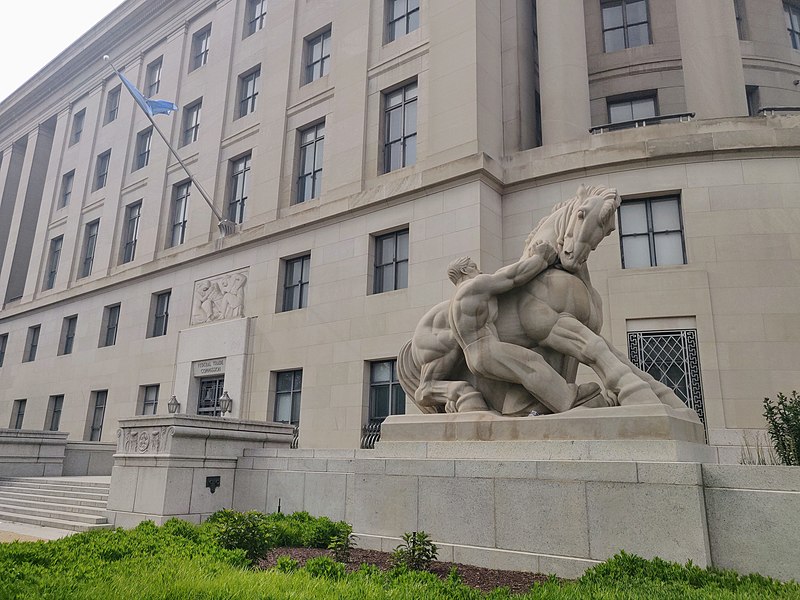The FTC blocked an oil and gas CEO from joining the board of the fossil fuel giant that recently acquired his company – sound familiar?
That’s because it’s the second time in less than six months the FTC has taken such action against an oil exec after uncovering evidence that the CEO encouraged OPEC officials to decrease supply to boost prices and profits.
In the first case, the FTC found back in May 2024 that Scott Sheffield, the former CEO of Pioneer, attempted to collude with OPEC officials to inflate gas prices. In response, the FTC banned Sheffield from joining the board of ExxonMobil, which had acquired Pioneer.
Fast forward to September 2024, and the FTC just banned John B. Hess, CEO of Hess, from joining the board of Chevron after Chevron acquired his company. The reason? Hess was communicating in public and private with OPEC and Saudi Arabia officials about “global oil output and other dimensions of crude oil market competition.” While this isn’t the clear-cut circumstances of Sheffield and Pioneer, the evidence still suggests Americans should be just as outraged.
The FTC’s move to stop Hess from joining Chevron’s board doesn’t stop the agency or its DOJ counterpart, the Antitrust Division, from investigating further, including about whether the evidence warrants bringing criminal charges. Criminal charges against Sheffield might already be in the cards, as the FTC referred the case to the Antitrust Division.
But the fact remains that the FTC uncovered these two scandals within six months of each other, which begs the question: how many more anti-competitive business practices could the agency unveil with more time and funding? As we observed when the Pioneer story broke, FTC Chair Lina Khan has explicitly called for more resources to investigate oil and gas mergers, as current funding and staffing levels are forcing the agency to “make difficult decisions” on how to pursue enforcement in oil and gas markets. For comparison, the FTC had 707 FTE (‘full time equivalent,’ a measure of the total amount of full-time employees) working on promoting competition in Fiscal Year 2024. Those officials are regularly up against powerful BigLaw firms that represent corporations in FTC actions – take for example, the third largest law firm in the US, Kirkland & Ellis, which has over 3,500 lawyers. Even firms outside the top ten have formidable resources. BigLaw firm Akin Gump, which ranks 62nd in size, has 892 attorneys.
The board seat move is pragmatic: it calls out a particular figure for wrongdoing, sending a warning shot to the larger industry, and prevents that individual from creating further harm. But it’s still a far cry from the broad (and expensive) investigation that might be needed to truly rout out anti-competitive behavior among fossil fuel companies.
As we said in May, “more action necessitates more resources” – and Hess’s scandal is yet another example of why Americans need action and resources to protect them against corporations wrongdoing.

